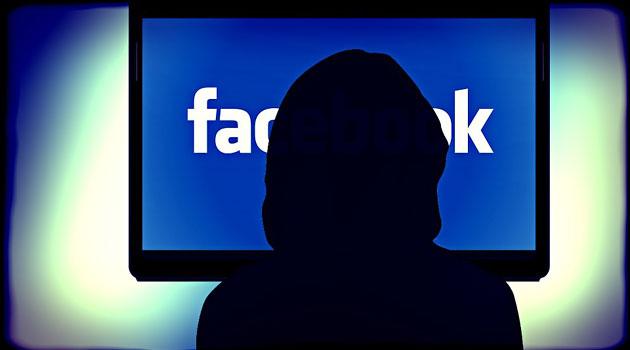New York Times: Social network operators do not know how to intervene against disinformation and hatred

The New York Times reports that when the Instagram social networking site was established, it was meant to be a page for people to share photos of their children being cute, their meals or their pets, but according to many experts during the past year it has rather become a hotbed of hateful posts that aim to spark division. It is becoming more and more obvious that the big digital companies have never properly grasped the negative dimension of the enormous reach of their platforms or how to cope with it.
It is impossible to put the genie back in the bottle now, and the impact of the incapacity of these operators to intervene against disinformation and the dissemination of hatred has recently been clearly demonstrated in the United States. The man suspected of sending bombs to representatives of the Democratic Party seems to have been radicalized by political propaganda on Facebook and Twitter.
Another American who shot dead 11 believers at a synagogue in Pittsburgh last weekend wrote about his hatred toward Jewish people on the relatively young social network Gab. Some observers of last weekend’s presidential elections in Brazil are attributing the popularity of the ultimately-successful candidate Jair Bolsonaro to social media to a significant degree.
The communications application WhatsApp, which is owned by Facebook, was flooded with political content during Brazil’s elections, including disinformation about polling places and times. The operators of social networks say combating disinformation and hate speech is complex, to say nothing of the fact that it is not easy to define such content.
Facebook, Twitter and YouTube have announced plans for significant investments into automatic instruments for identifying and removing problematic content. Facebook and Twitter have said they will be hiring thousands of new employees to address content control and security problems.
For the time being these companies are not very successful when it comes to combating fake news and hate speech. This year Facebook reported that its internal systems warned of just 38 % of the total number of intolerant posts made through the network.
Allegedly Facebook’s algorithms recognized and removed 96 % of posts that broke their rules by depicting nudity and 99.5 % of “terrorist” content. On Monday, two days after the shooting at the Pittsburgh synagogue, 11 696 posts could be found by searching on the word “Jews” on Instragram that included the hashtag #jewsdid911, which promotes the theory that “the Jews” are beind the attacks committed against the World Trade Center on 11 September 2001.
A video published on Sunday through Instagram under a different slogan alleged that the state of Israel had been “created” by the wealthy Rothschild family. By Monday that propaganda had been viewed more than 1 500 times and shared on other web pages, including through Facebook and Twitter.
Other hashtags on Instagram refer to Nazi ideology, for example, by using the number “88”, which is used as an abbreviation for the Nazi greeting “Heil Hitler”. Jonathan Albright, director of research at the Tow Center for Digital Journalism at Columbia University in New York, says that “Social networks give people courage to cross the line and double down when it comes to what they are willing to say in their attempts to incite and provoke.”
After being warned by The New York Times, Facebook said it would investigate antisemitic slogans on Instagram. According to their spokesperson, Sarah Pollack, Instagram registered posts about Saturday’s shooting because it “actively controls hashtags and content associated with such incidents and content violating our rules is deleted.”
